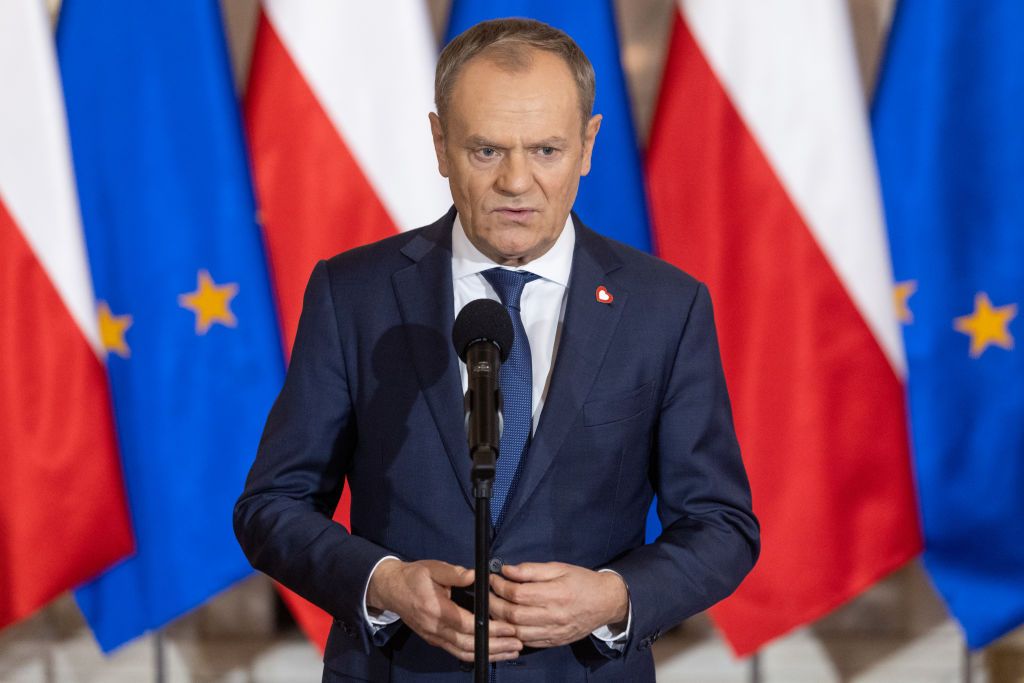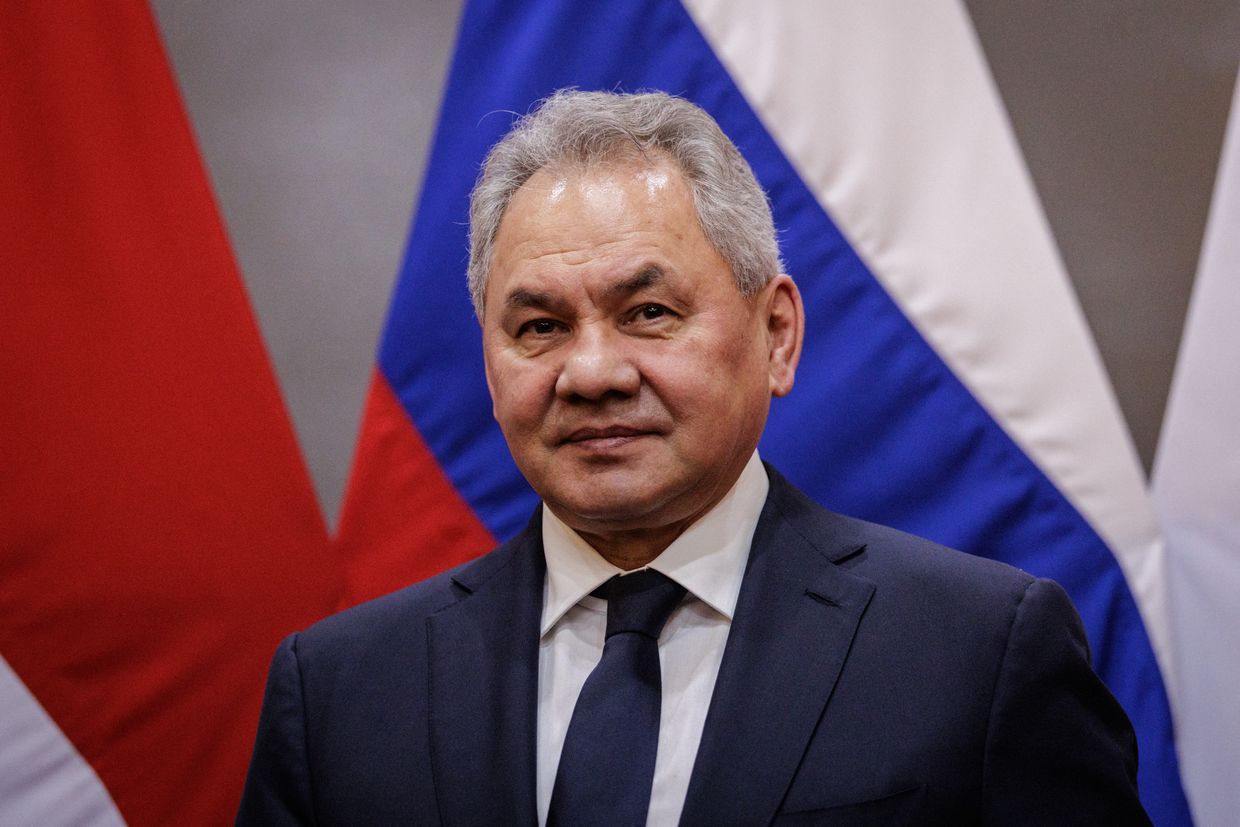Poland has begun strengthening its entire eastern border with Belarus due to a growing "hybrid war" and illegal migration, the country's Prime Minister Donald Tusk said on May 11.
"The Polish-Belarusian border is a unique place due to the pressure of illegal immigration. In fact, we are dealing with a progressing hybrid war," he said in comments reported by Reuters.
"I want there to be no doubts here – a country with increasingly aggressive intentions towards Poland, such as Belarus, is co-organising this practice on the Polish border."
Tensions between Poland, a NATO country, and Russian ally Belarus have surged following Russia's full-scale invasion of Ukraine.
Warsaw has also for several years accused Belarus of deliberately pushing migrants into Poland in order to pressure the EU over sanctions, a charge Belarus has denied.
Belarus, led by dictator Alexander Lukashenko, has also provided extensive support to Moscow's war in Ukraine and the Belarusian army regularly conducts military drills along its border with Poland and other EU countries.
Tusk did not go into specifics about how the border would be strengthened but said when it comes to the security of his country there would be "no limits."
Elsewhere in central Europe, the Latvian army has started digging an anti-tank ditch as part of the joint Baltic defense line along the country’s borders with Russia and Belarus, the Latvian public broadcaster LSM reported on May 2.
The work commenced in the municipality of Ludza near the Terekhovo border crossing point, roughly a kilometer away from Russian territory. The first defensive line will consist of natural obstacles such as forests and rivers as well as artificial fortifications and ammunition depots. No minefields have been laid so far.
“We’re digging up the road and making an anti-tank ditch here so that vehicles, including tanks, cannot move along it,” said Lieutenant Colonel Kaspars Lazdins, the engineering inspector of Latvia’s National Armed Forces.
Three Baltic states – Latvia, Lithuania, and Estonia – agreed on Jan. 19 to build a Baltic defense zone on their borders with Russia and Belarus, prompted by the growing security concerns in Europe over Russia’s aggression against Ukraine.
Latvia and Belarus share a border of 172.9 kilometers, with just one operating checkpoint. In 2023, Latvia built 110 kilometers of fence along its border with Belarus following the artificial migration crisis orchestrated on the EU borders by Lukashenko’s regime.












